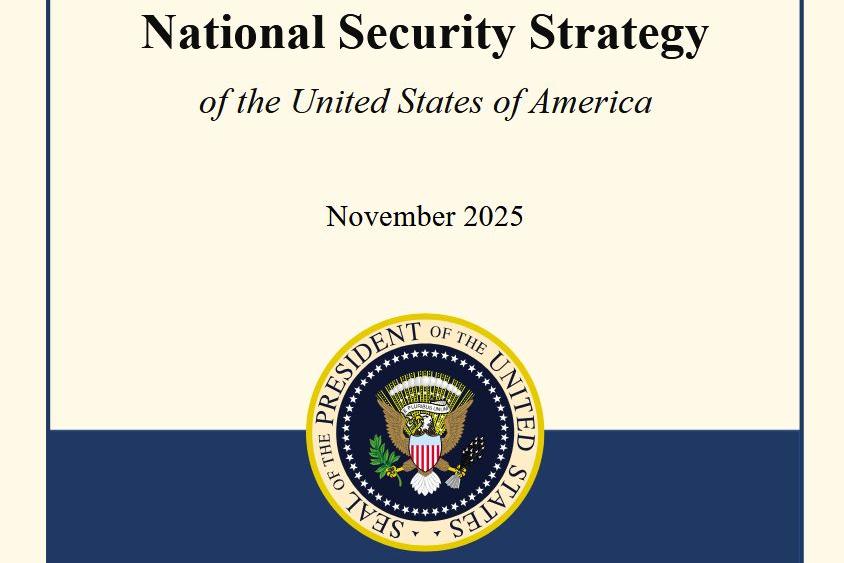I’ve been that mother in the grocery store line, food stamps in hand, enough to feed my kids but never enough to make ends meet. It wasn’t that I didn’t work. I’d just left my husband and refused to let my children go hungry. That’s why I can tell you this fight over the Supplemental Nutrition Assistance Program (SNAP) isn’t about laziness. It’s about how America measures who deserve dignity. So when I see politicians threatening to withhold SNAP benefits during this latest government shutdown, I know this fight isn’t about budgets. It’s about power. SNAP didn’t make me dependent; it gave me a moment to breathe long enough to rebuild. Those benefits bought me time: time to go back to school, earn my degree, and eventually open my own business. I know what it’s like to weigh pride against hunger, and I choose my children every time.
If you receive SNAP benefits, don’t let anyone make you feel ashamed. I’ve been there, and I know how people can look at you, like you’ve failed. But here’s the truth: you’re doing what good parents do. You’re finding a way to feed your family while too many others are clueless about your reality. SNAP exists because millions of Americans don’t earn a living wage or can’t work due to disability. It’s not a handout but a hand up.
It’s painful to watch politicians threaten to suspend and reduce these benefits while this issue plays out in the appellate court. I can’t believe that we’ve reached a point where feeding children is up for debate, and that says more about America’s values than any budget line ever could.
Critics love to recycle the same myths, that most recipients are people of color who don’t work, or that they’re playing the system. The data tells another story. About 37 percent of SNAP recipients are white, 26 percent are Black, 16 percent are Hispanic, and the rest are Asian, Native, or multiracial, according to the Food Research & Action Center. And most households on SNAP include at least one working adult, many of whom work full time. The problem isn’t effortless. It’s income.
And I’ll be completely transparent, when I finally received those benefits, it was the only time my children and I would eat well. It shouldn’t be that way, that a person has to hit rock bottom before their family can eat properly. Fast-forward to today’s grocery prices, which are almost 30 percent higher than 2020 prices, and families are struggling now more than ever. Food shouldn’t be a privilege. It’s the most basic human right. There is an old saying that politicians should heed: “Feed the people, or they will eat you alive.” And when they do, history will not blame the hungry. It will blame the ones who forced them to starve.
America isn’t just starving for food. It’s hungry for empathy from its most privileged citizens. One of the most successful ways to reduce poverty is with SNAP, yet it’s being weaponized. Our country is seriously suffering from moral malnutrition, where compassion runs out long before its budget.
But here we are, watching hunger turn into political leverage. The same legislators who call families “entitled” eat catered meals while debating whether other people’s children deserve breakfast. Families aren’t bargaining chips, and hunger shouldn’t be a talking point.
No parent waiting for their SNAP payments to hit wants to look into their hungry child’s eyes and say, “There is no more food.” In this moment, politics doesn’t matter. Survival does. According to the USDA, more than 40 million people depend on food assistance. That’s not a number you can starve quietly. Parents don’t play about their children, and hungry parents don’t stay silent. They organize and they vote.
Decades ago, in that grocery line, I was holding my food stamps in one hand and determination in the other. I see those same lines now, only longer, with less food at the register, and with worry on parents’ faces. Hunger in America has spun into a crisis of conscience.
About the Author: Janice Robinson-Celeste is a former educator and the founder of Successful Black Parenting Magazine, a multi-award-winning publication that empowers Black families. She is a Public Voices fellow of the OpEd Project in partnership with the National Black Child Development Institute.










